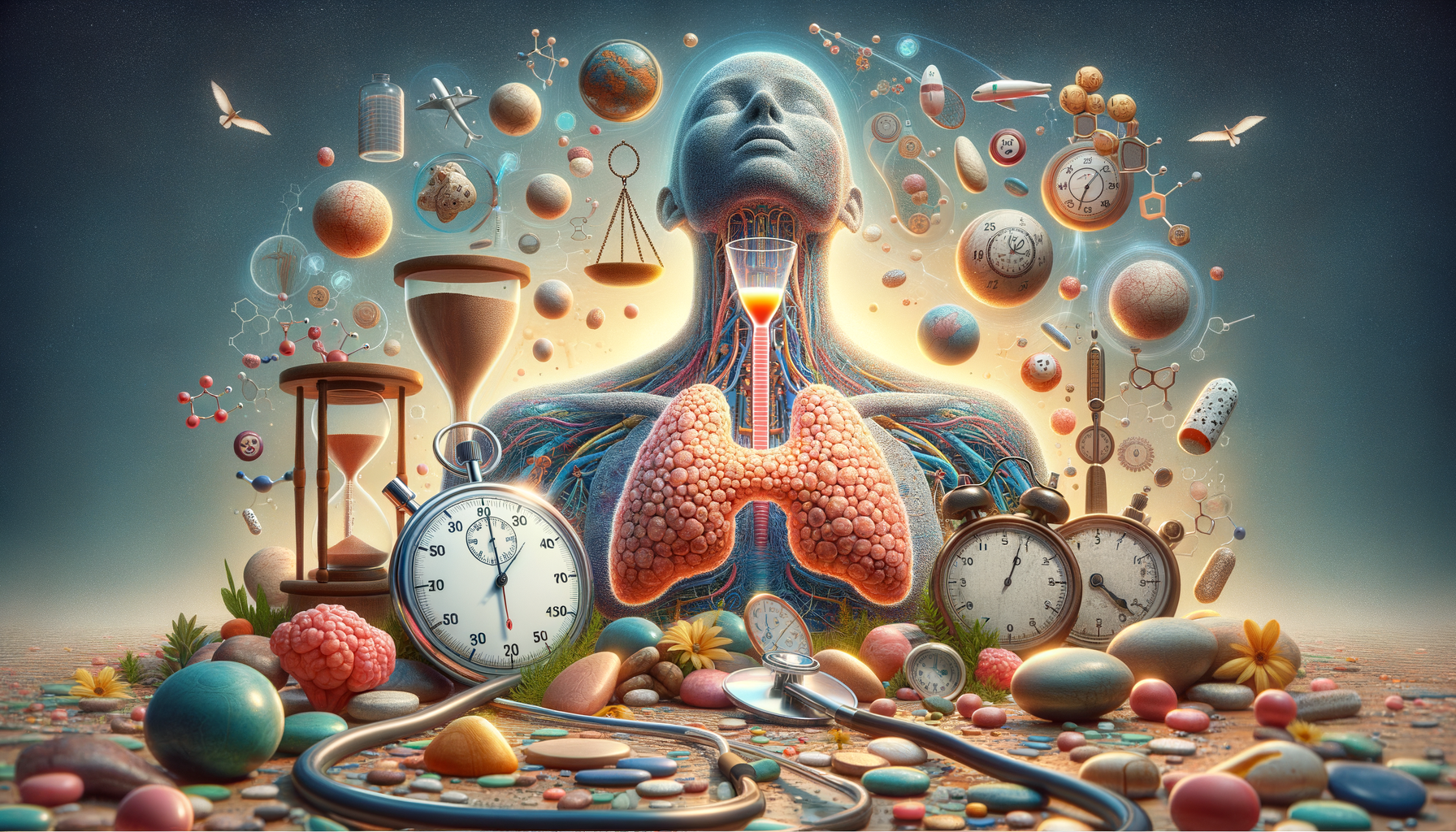Understanding Hypothyroidism
Hypothyroidism, often referred to as an underactive thyroid, is a condition where the thyroid gland fails to produce enough thyroid hormones. These hormones are crucial for regulating the body’s metabolism, affecting everything from heart rate to how quickly you burn calories. When the thyroid is sluggish, the entire body can slow down, leading to a variety of symptoms that can affect daily life.
The thyroid gland, located at the base of the neck, plays a vital role in producing two primary hormones: thyroxine (T4) and triiodothyronine (T3). These hormones influence how the body uses energy, making their balance crucial for maintaining normal metabolic functions. When the thyroid does not produce enough of these hormones, it can lead to a cascade of health issues.
Understanding the mechanisms behind hypothyroidism can aid in recognizing its early signs. Common causes include autoimmune disorders like Hashimoto’s thyroiditis, certain medications, and radiation therapy. It is essential to be aware of these factors as they can help in identifying the condition early and seeking appropriate medical intervention.
Recognizing Early Symptoms
Identifying the early signs of hypothyroidism can be challenging, as symptoms often develop gradually and can be mistaken for other health issues. However, being vigilant about changes in your body can lead to timely diagnosis and treatment.
Some of the initial symptoms include:
- Fatigue: Persistent tiredness that doesn’t improve with rest.
- Weight Gain: Unexplained weight gain despite no changes in diet or exercise.
- Cold Sensitivity: Feeling unusually cold compared to others.
These symptoms occur because the body’s metabolism slows down, affecting energy levels and weight management. Recognizing these signs early can prompt consultation with a healthcare provider, leading to tests that check thyroid hormone levels.
Impact on Mental Health
The effects of hypothyroidism are not just physical; they can significantly impact mental health as well. Individuals may experience symptoms such as depression, anxiety, and cognitive difficulties, often described as “brain fog.”
Depression can manifest as a persistent low mood, lack of interest in activities, and feelings of hopelessness. Anxiety might present as constant worry or nervousness. Brain fog refers to a state of mental confusion, affecting concentration and memory.
These mental health symptoms can be particularly distressing, as they interfere with daily functioning and quality of life. Understanding the link between hypothyroidism and mental health is crucial for comprehensive management of the condition.
Diagnostic Measures
Diagnosing hypothyroidism involves a combination of clinical evaluation and laboratory tests. Healthcare providers typically start with a physical examination and review of symptoms. If hypothyroidism is suspected, blood tests are conducted to measure levels of thyroid-stimulating hormone (TSH) and thyroxine (T4).
High TSH levels combined with low T4 levels usually indicate an underactive thyroid. In some cases, additional tests may be required to determine the underlying cause, such as thyroid antibody tests to identify autoimmune thyroiditis.
Early diagnosis is essential for managing the condition effectively. With appropriate treatment, many individuals with hypothyroidism can lead healthy, active lives.
Managing Hypothyroidism
Once diagnosed, hypothyroidism is typically managed with hormone replacement therapy, most commonly using synthetic thyroxine. This medication helps restore normal hormone levels, alleviating symptoms and preventing further complications.
In addition to medication, lifestyle modifications can support overall health and wellbeing. These may include:
- Balanced Diet: Ensuring adequate intake of nutrients that support thyroid health, such as iodine and selenium.
- Regular Exercise: Engaging in physical activity to boost metabolism and energy levels.
- Regular Monitoring: Keeping up with regular check-ups to adjust medication as needed.
By combining medication with healthy lifestyle choices, individuals with hypothyroidism can manage their condition effectively and maintain a good quality of life.




Leave a Reply